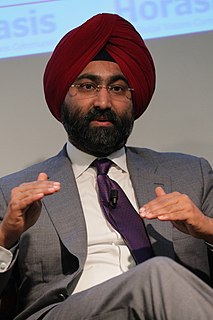A Quote by Shabana Azmi
For a country such as India, whose public healthcare system is already severely strained, the lack of awareness and adaptation of safe practices by menstruating women is known to add another dimension to the overall problem.
Related Quotes
I support repeal, but I think we ought to also spend time on the replacement side of that. The Republican approach has never been, 'Let's get rid of this,' but, 'Let's replace it with something that does deal with a very real problem in our healthcare system.' And that is the entry's cost and lack of coverage.




































